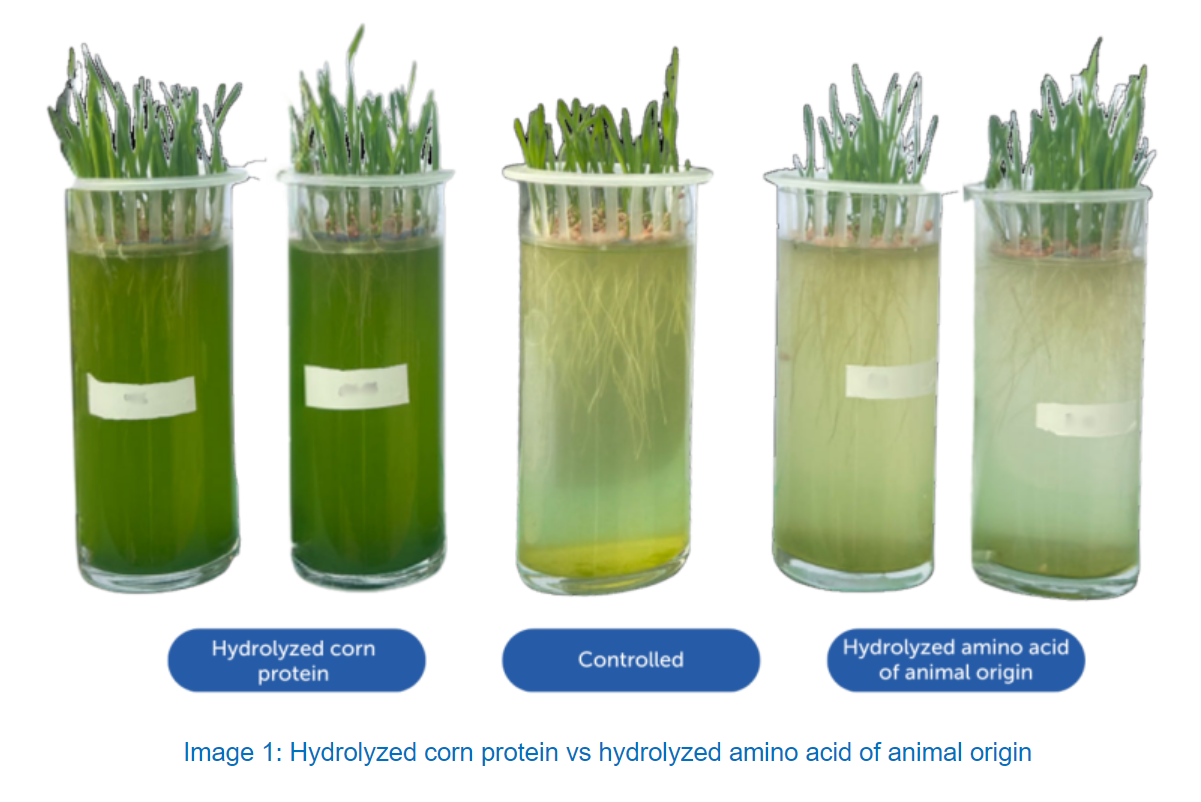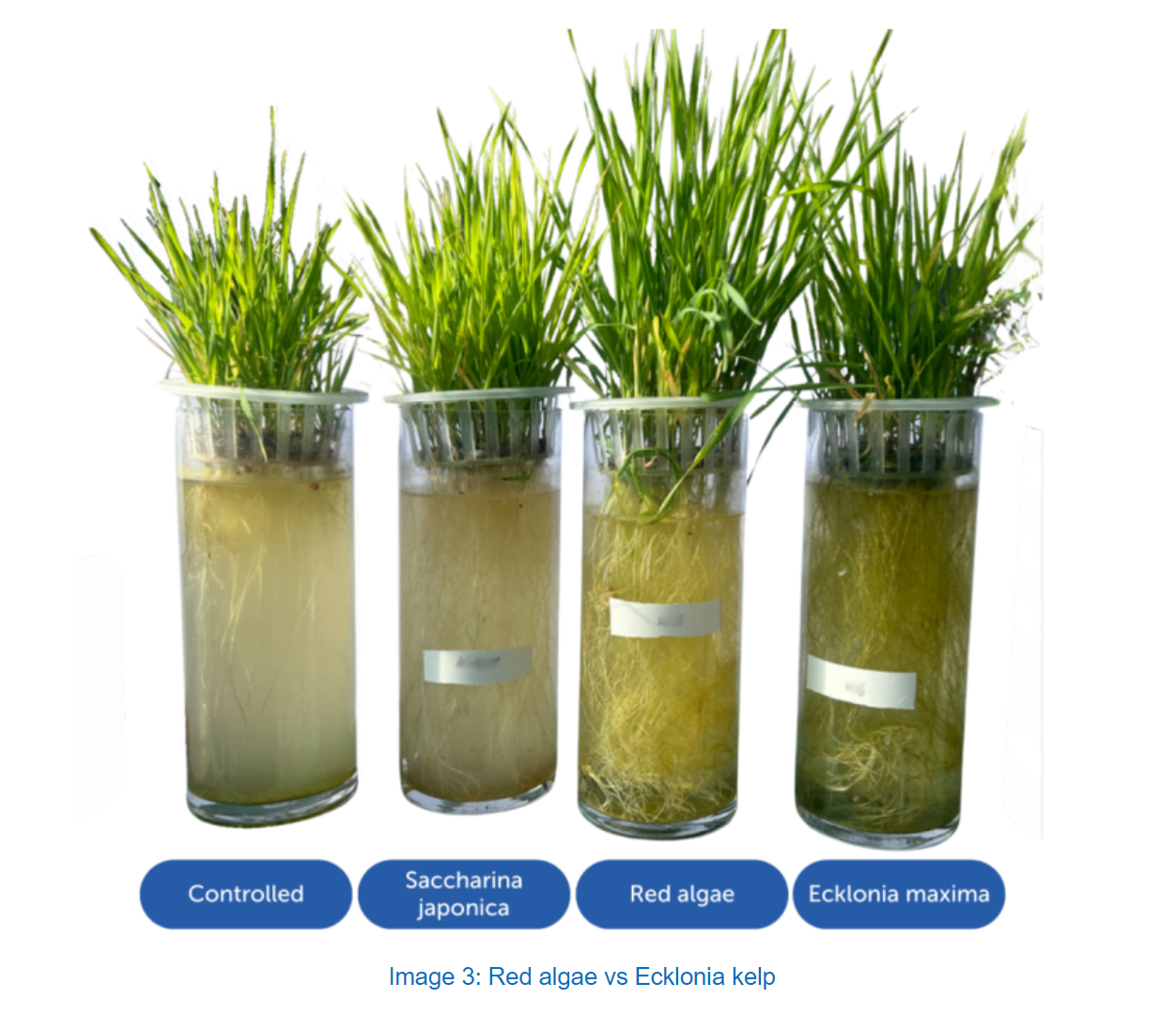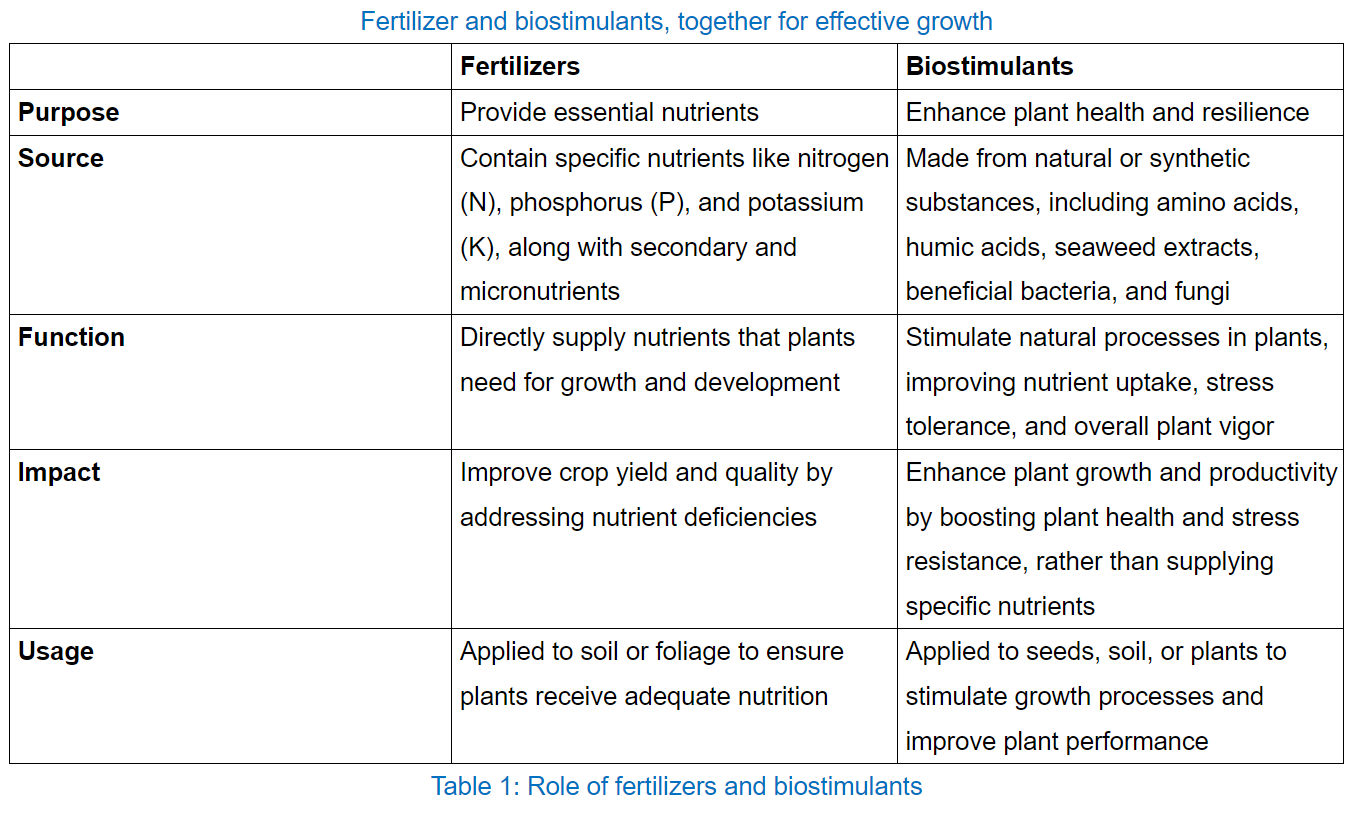
Exhibition time: 17-19 March, 2026 Shanghai, China
 中文
中文

Exhibition time: 17-19 March, 2026 Shanghai, China
 中文
中文
The growing global population, projected to reach 9.7 billion by 2050, coupled with climate change and land overuse, has made farming increasingly challenging. Climate change has also increased the prevalence of abiotic and biotic stress on plants. Abiotic stress is a major constraint on crop production and food security worldwide. With non-arable land expanding by 30 million hectares annually, food security has become a top priority for both industry and governments. Innovation and science are pivotal in addressing these challenges, offering sustainable and efficient solutions to improve crop yield and ensure land longevity. This article explores how biostimulants can provide healthy and sustainable farming solutions for both the industry and the public. As a reference, we will qualify as ″product″ the plants, vegetables and fruits produced by farmers on their crop.
The role of fertilizers
Farmers of all sizes aim to grow their operations by increasing productivity, achieving higher yields per hectare, and improving crop quality. Crop quality is assessed through various metrics, including the quantity produced, energy and natural resource consumption, the effectiveness of disease and pest control, the rate of product waste, and enhancements in product quality, such as taste and nutritional value.
In this quest for higher productivity, fertilizers became a crucial ally for farmers in achieving their productivity targets. They provide essential nutrients such as nitrogen (N), phosphorus (P), and potassium (K), which are vital for plant growth and development. These nutrients support various physiological functions, including photosynthesis, energy transfer, and nutrient uptake, leading to improved crop yield and plant health.
However, the exclusive use of fertilizers as productivity enhancers can lead to several challenges. These include soil degradation, which reduces crop fertility over time, and nutrient imbalances that can negatively impact overall soil health. Additionally, excess nutrients can runoff into water bodies, causing environmental issues such as algal blooms and water pollution. External factors like temperature extremes, excessive UV exposure, and drought can further exacerbate these challenges. These stressors can lead to various plant responses, including the closure of stomata, overproduction of reactive oxygen species, and disrupted production of plant growth regulators.
To address these challenges, integrating sustainable practices such as using biostimulants can enhance the benefits of fertilizers while minimizing their drawbacks.
Biostimulants
Biostimulants are substances or microorganisms derived from biological materials that effectively stimulate plant growth in multiple ways by enhancing plant health and resilience. While they are not fertilizers, they work synergistically with them to improve nutrient efficiency, abiotic stress tolerance, and overall crop quality by enhancing the translocation and assimilation of nutrients. Sources of biostimulants include seaweeds, algae, compost, humates, and other biological materials. The composition of the biostimulant determines its benefits for crops, making it essential for farmers to select the right formulation based on their specific needs.
For instance, the application of amino acid reduces the stress response and increases the plant metabolism from the source to sink, resulting in better translocation of nutrient uptake. However, due to differences in their composition, various amino acid products may perform differently under the same conditions. Therefore, we often need to select more suitable products tailored to specific crops and their growing conditions. As observed in image 1, under the same conditions, hydrolyzed corn protein product performs better on wheat in promoting growth than hydrolyzed amino acids of animal origin, but the animal origin amino acids product helps the plant develop a much stronger root system. Another test on wheat with two different amino acid products (image 2) shows better results on both root development and growing efficacy with the plant origin amino acids. Meanwhile, phytotoxicity was present on wheat leaves caused by the application of amino acids of animal origin.

I
Biostimulants such as seaweed extract are fortified with natural plant growth regulators auxin and cytokinin, which modulate gene expression and induce metabolic changes in plants that lead to visual biostimulant effects. These two types of natural PGR increase the assimilation of nutrients and stimulate active growth at the root or shoot of the plants, but the content of those PGR molecules also varies significantly between different seaweed extract products. As observed in image 3, the product extracted from red algae gives much better root and shoot development compared with products from Ecklonia maxima and Saccharina japonica, though all of them perform better than the control.
Humate-derived biostimulants such as humic or fulvic acid can have a biostimulant effect that is unique to its own. The application of this type of biostimulant can increase soil microbial populations, promote enzymatic activities, and help increase nutrient uptake in the crop. Meanwhile, fertilizer or nutrients cannot have such an effect on soil and crops.

Thus, fertilizer or biostimulant alone can only increase yield and crop quality in limited ways. Instead, specific types of biostimulants and fertilizers can be incorporated to achieve impressive results. Biostimulants-fertilizer cooperation will be one key to food security.
Fertilizer and biostimulants, a winning combination for higher productivity and sustainable farming.
As your provider of innovative services, Azelis’ technical experts can help you select the right combination of fertilizers and biostimulants based on your goals and needs. Together, we will consider environmental factors, compatibility with your existing system, product and crop quality, and cost-benefit requirements to ensure optimal results.

In recent years, Azelis has been dedicated to collaborating with large plantations and local distributors in the Asia Pacific region. Utilizing its own and farmers' trial grounds and leveraging its network of dedicated laboratories, Azelis conducts extensive testing on various biostimulant products to find high-quality solutions suitable for your crops. This effort helps users overcome various abiotic stresses during cultivation, such as high or low temperatures, salinity, drought or flooding, metal toxicity, or nutrient deficiencies, with an aim to enhance crop yield and quality.
Source:AgNews